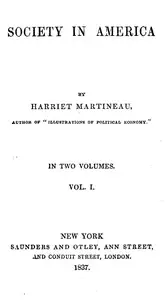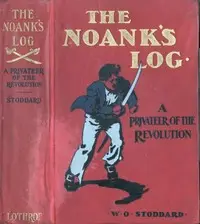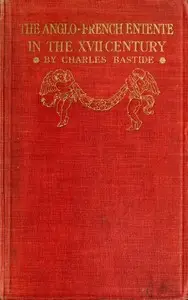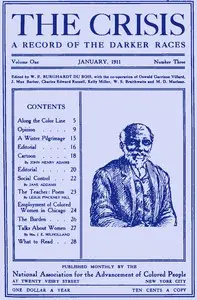"The Ordeal of Richard Feverel — Volume 3" by George Meredith is a novel likely written in the late 19th century. The story revolves around Richard Feverel, who undergoes a profound internal struggle related to love, familial expectations, and societal norms, primarily regarding his feelings for Lucy, a young woman from a different social class. The beginning of this volume finds Richard resisting a summon to town due to a perceived family crisis. Tensions arise as his father, Sir Austin, initiates a discussion about life's challenges, particularly concerning love and its potential pitfalls. The narrative introduces characters like Berry, who acts as a messenger, and highlights Richard’s passionate turmoil as he reflects on his relationship with Lucy. Through introspective dialogues, Meredith delves into themes of youth, the struggles between emotion and reason, and the impact of societal pressures on personal choices. As Richard navigates these complex feelings and familial dynamics, the stage is set for deeper explorations of love and identity. (This is an automatically generated summary.)

The Ordeal of Richard Feverel — Volume 3
By George Meredith
"The Ordeal of Richard Feverel — Volume 3" by George Meredith is a novel likely written in the late 19th century. The story revolves around Richard Fe...
George Meredith was an English novelist and poet of the Victorian era. At first, his focus was poetry, influenced by John Keats among others, but Meredith gradually established a reputation as a novelist. The Ordeal of Richard Feverel (1859) briefly scandalised Victorian literary circles. Of his later novels, the most enduring is The Egoist (1879), though in his lifetime his greatest success was Diana of the Crossways (1885). His novels were innovative in their attention to characters' psychology, and also portrayed social change. His style, in both poetry and prose, was noted for its syntactic complexity; Oscar Wilde likened it to "chaos illumined by brilliant flashes of lightning". Meredith was an encourager of other novelists, as well as an influence on them; among those to benefit were Robert Louis Stevenson and George Gissing. Meredith was nominated for the Nobel Prize in Literature seven times.


















